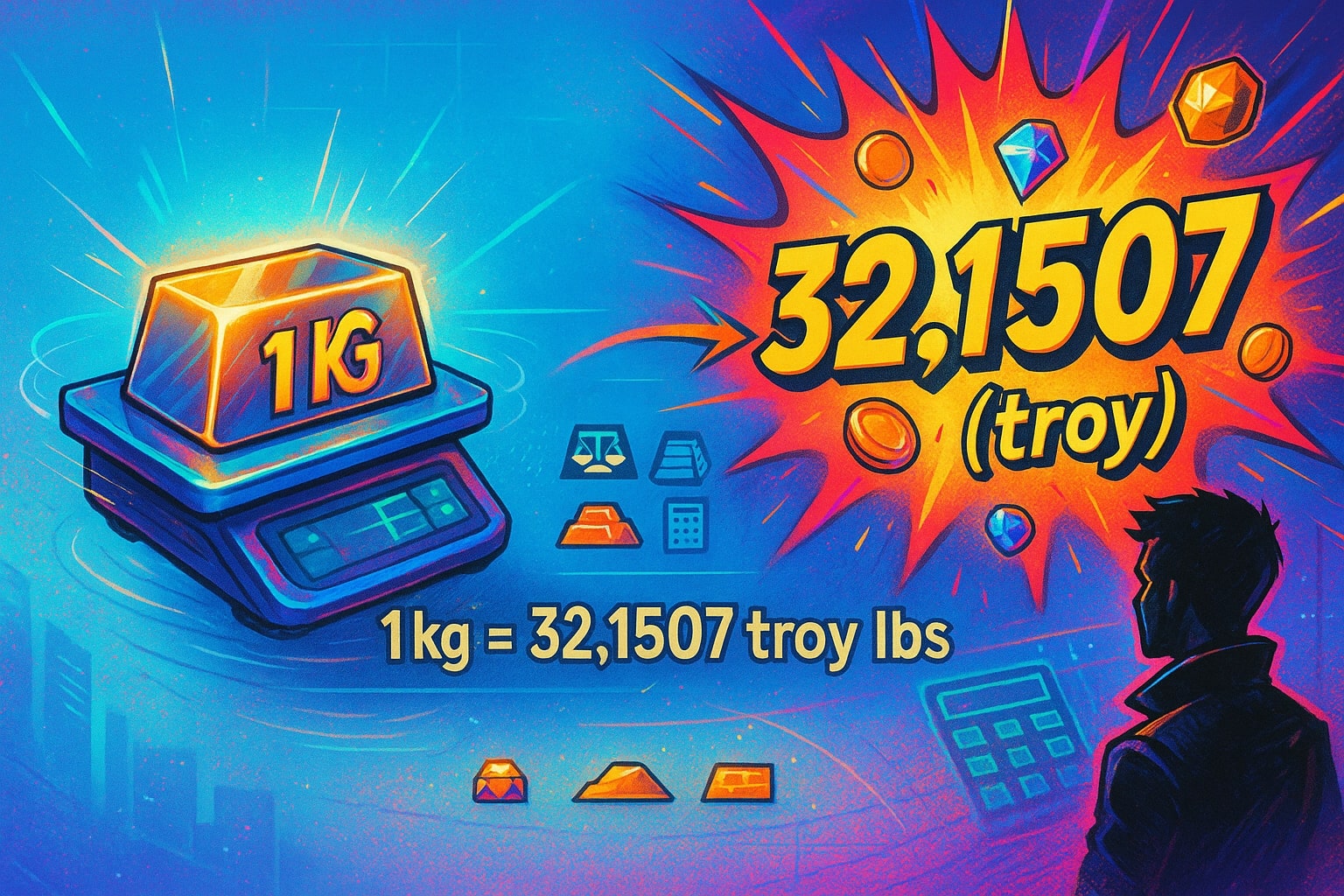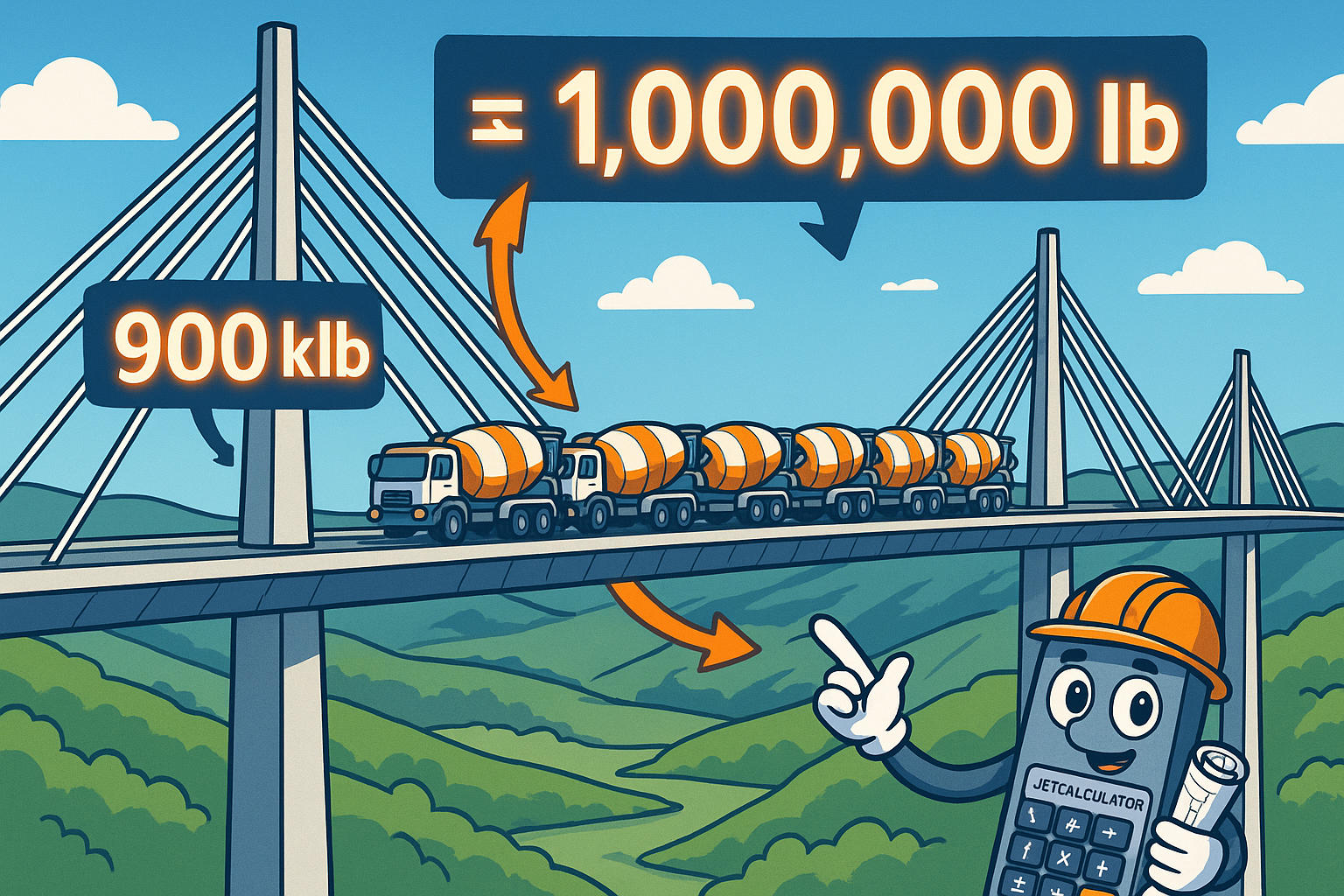kilograms to troy pounds (kg to Ibs) – How to convert kg to Ibs
Looking to convert kilograms to troy pounds (kg to Ibs)? You're not alone—whether you're dealing with precious metals, historic units, or niche trading systems, knowing how to switch between kilograms and troy pounds can come in handy. For more common conversions, you can also try our Kilograms to Pounds Converter or explore the full Weight Converter for broader options.
Kilograms (kg) and Troy Pounds (Ibs)
-
The kilogram (kg) is the SI base unit for mass. Originally defined in 1889 by the weight of a platinum-iridium prototype stored in France, it has since evolved. In 2019, it was redefined using the Planck constant, making it more stable and universally accessible.
-
The troy pound is a historic unit of mass used primarily in the trading of precious metals like gold, silver, and platinum. Unlike the more familiar avoirdupois pound (used in most day-to-day contexts), the troy pound consists of 12 troy ounces.
Kilograms are the foundation of mass measurements in science, commerce, and everyday life. Whether you're weighing your body, groceries, or chemical elements, kilograms provide a reliable standard.

Formula to convert kilograms to troy pounds:
Troy pounds(lbs) = Kilograms(kg) × 2.67922888
For example, if you want to convert 5 kg to lbs, simply multiply:
5 × 2.67922888 = 13.3961444 lbs
Did You Know?
-
Kilogram: The kilogram was once defined by a physical cylinder stored in Sèvres, France, called Le Grand K. Over time, this cylinder actually lost atoms, changing its mass slightly—prompting scientists to redefine the kilogram using fundamental physics instead of a physical object. For related calculations affected by mass and heat, check out our Temperature Converter.
-
Troy Pound: Sir Isaac Newton, when he was Warden of the Royal Mint, used the troy weight system to help combat counterfeiting. The accuracy of troy weights was crucial in ensuring the integrity of England’s coinage during the early 1700s.
Gold, Wars, and Weight: The Tale of a Royal Treasury
In the 14th century, during the reign of King Edward III of England, the troy weight system became a tool of power. Amid the chaos of the Hundred Years’ War, the crown needed accurate valuation for gold taxes and bullion stockpiles. The Royal Mint used troy pounds to assess the gold collected from nobles and colonies. Any error in measurement wasn’t just a mistake—it could be treated as treason.
Historical records at the British Museum document these evaluations in “lb troy,” highlighting how deeply the system influenced medieval governance and war funding. Curious how these legacy units relate to modern standards? Visit our Unit Converter Tool to explore dozens of similar transformations.

Conclusion
Now that you know how to convert kg to lbs, you can confidently use this knowledge, science, precision, and power. Whether you're involved in the precious metals market or diving into history, Jetcalculator’s kilograms to troy pounds converter offers fast, accurate, and easy results.

